Arms Trade Research
Sustainalytics’ Arms Trade Research enables investors to identify all publicly-listed companies that sell arms to sanctioned countries or countries where there is a high risk of violence against civilians. Our Arms Trade Research can help manage the reputational risks associated with investing in companies that supply arms to controversial regimes. Download the brochure to find out more.
Child Labor in Cocoa
Over two million children below the age of 18 work in hazardous conditions in the cocoa supply chain in Côte d’Ivoire (Ivory Coast) and Ghana. This engagement is founded on investors’ expectations for some of the largest companies in the cocoa sector, and addresses the issue of child labor in cocoa.
Global Access
Sustainalytics’ Global Access is our flagship platform for accessing our ESG research. The user-friendly interface includes functionalities that enable investors to read detailed company reports with qualitative analyses, screen companies on ESG criteria for security selection and product creation and run custom reports to communicate ESG performance. With the alerts functionality, clients can monitor their portfolios for ESG incidents and controversies.
Modern Slavery
It is anticipated that modern slavery will increasingly put companies at a competitive disadvantage through, for example, operational disruptions, compliance risks and loss of business due to damage to reputation. The engagement’s objective is to ensure high-risk portfolio companies adopt rigorous strategies on modern slavery.
Country Risk Rating
The Country Risk Ratings measure the risk to a country’s long-term prosperity and economic development by assessing how sustainably it is managing its wealth. It can be used to support country assessments and help investors anticipate and manage emerging risks with an analysis of events happening in a country
Governance of SDGs
This thematic engagement is aimed at encouraging companies to define meaningful SDG strategies that align with their business plans. It aims to influence them to address their negative impacts and seek out opportunities to produce positive outcomes in line with the 2030 SDG agenda, while contributing to a more stable long-term operating environment for themselves.
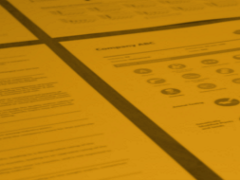

.tmb-thumbnl_rc.png?Culture=en&sfvrsn=4cc7a851_2)

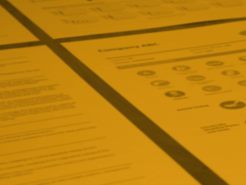
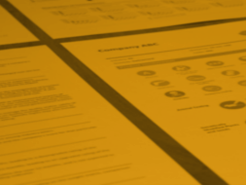
.tmb-thumbnl_rc.png?Culture=en&sfvrsn=5a4feee0_2)
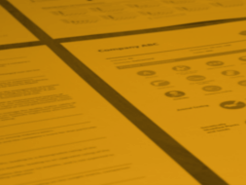

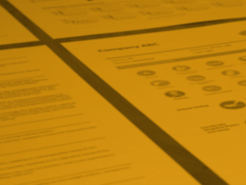
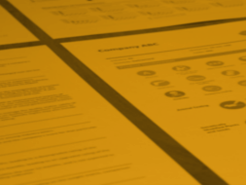
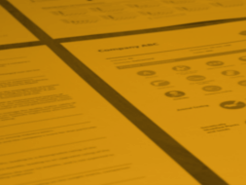
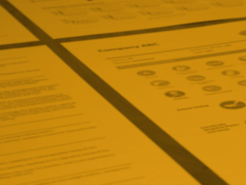
.tmb-thumbnl_rc.png?Culture=en&sfvrsn=68e0bae7_2)



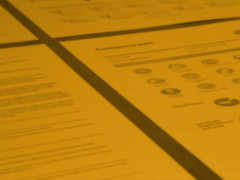
.tmb-thumbnl_rc.png?Culture=en&sfvrsn=c0620b0d_2)
